Humans
Sign up for our newsletter
We summarize the week's scientific breakthroughs every Thursday.
-
 Health & Medicine
Health & MedicineBrain’s support cells play role in hunger
Once considered just helpers for neurons, astrocytes sense the hormone leptin and can change mice’s appetites.
-
 Health & Medicine
Health & MedicineYour brain on marijuana: two views
Many of the “facts” that people believe to be true about marijuana are not supported by science, and while the pro-pot lobby cherry-picks data to support its arguments (denying marijuana’s addictiveness, for example), so too do anti-marijuana groups, which play up pot’s dangers.
By Eva Emerson -
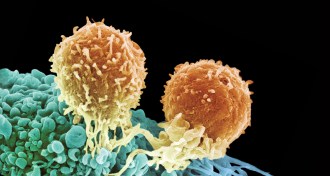 Life
LifeDesigner T cells emerge as weapons against disease
Decades of attempts to boost the immune system’s ability to fight disease are finally starting to pay off. Reprogrammed T cells serve as new weapons against cancer and autoimmune diseases.
By Susan Gaidos -
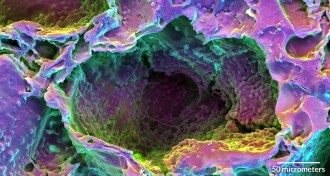 Tech
TechLasers heal damaged rodent teeth
Handheld laser spurs stem cells into action, regrowing dentin in drilled teeth.
By Meghan Rosen -
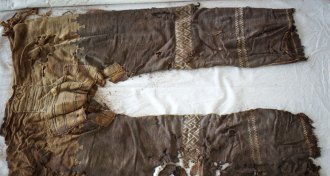 Archaeology
ArchaeologyFirst pants worn by horse riders 3,000 years ago
A new study indicates horse-riding Asians wove and wore wool trousers by around 3,000 years ago.
By Bruce Bower -
 Health & Medicine
Health & MedicineSeparating wheat from chaff in gluten sensitivity
Some people who think they are sensitive to gluten might not be after all: Fermentable short chain carbohydrates, or FODMAPs, may be to blame in people with irritable bowel syndrome.
-
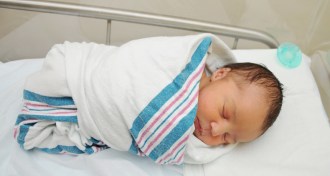 Health & Medicine
Health & MedicineBaby’s first bacteria arrive sooner than we thought
Forget what you’ve heard. The womb is most definitely not sterile.
-
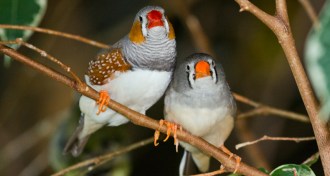 Animals
AnimalsZebra finches can detect variations in human speech
When humans vary the pitch or rhythm of their speech, zebra finches perceive the changes, suggesting that the ability to detect such variations is not linked to language.
-
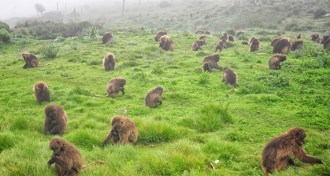 Life
LifeStarchy foods more filling than fiber, lab tests suggest
Tests of gut microbe digestion of potato starch and fiber suggest that moving away from grass-heavy ancestral diets may not be the reason for obesity epidemic.
-
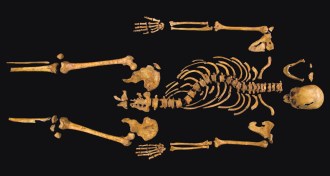 Anthropology
AnthropologyRichard III to be reburied in Leicester Cathedral
The remains of Richard III will be reburied in Leicester, a British court ruled on May 23.
-
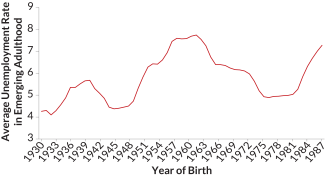 Psychology
PsychologyRecessions take a lasting toll on narcissism
Coming of age in hard economic times makes people less likely to feel superior and entitled later in life.
By Bruce Bower -
 Health & Medicine
Health & MedicineUrine is not sterile, and neither is the rest of you
Despite what the Internet says, urine does contain bacteria, a new study finds. And so does your brain, the womb, and pretty much everywhere else.